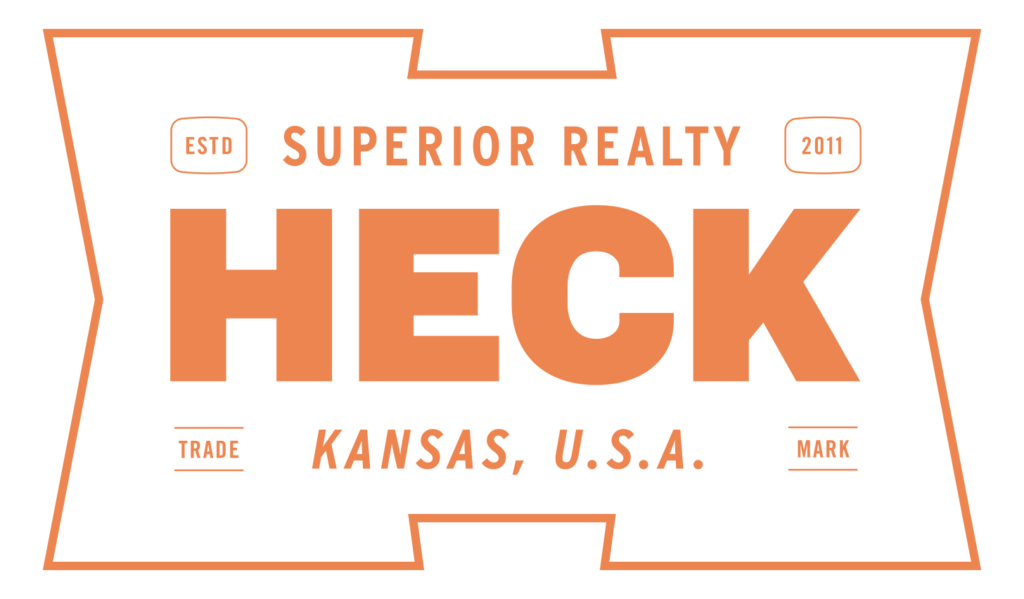What Farm Ownership Won’t Do
An excerpt quoted from LANDOWNER newsletter:
June 2011
Long-time subscribers may remember this guest commentary from LandOwner friend Porter Martin, Porter Martin Farmland & Cattle Company, Shabbona, Illinois. In the face of potential defaults by sovereign nations and our own country’s need to raise the debt ceiling, we thought it was worth a re-visit with Porter’s column, which ran January 29, 2009.
 As we watch trillions of dollars in paper debt default and see global financial corporations collapse overnight, it’s time to reassure you what productive farmland WON’T do for your family or your investment portfolio.
As we watch trillions of dollars in paper debt default and see global financial corporations collapse overnight, it’s time to reassure you what productive farmland WON’T do for your family or your investment portfolio.
Farmland won’t rob you with a Ponzi scheme. Latest skunk in the Wall Street woodpile is the fraud by Madoff Securities, which cost investors $50 billion – the biggest financial scam in history. If you own good Illinois farmland, annual cash rents are often paid 50% up front, with the balance secured by actual crop production.
Farmland won’t evaporate in corporate bankruptcies like those haunting America’s highly leveraged commercial banks, investment banks and hedge funds. USDA’s 2011 balance sheet of the farm sector shows that landowners hold $2,250 billion of assets and owe only $241.6 billion against it. That’s just 10.7¢ in debt per $1 of real estate assets; a mirror image of U.S. financial firms that begged for bailouts.
U.S. farmland can’t be outsourced overseas. But, many of America’s factories are, which means losing U.S. jobs, earnings and financial control. Instead, your farm sells corn, soybeans and wheat overseas. That helps America offset its massive trade deficit, and helps you harvest trillions of dollars held by foreigners.
Farmland values don’t gyrate wildly. Asked for his opinion on the stock market, American financer Bernard Baruch said, “It fluctuates.” And how! From 2008 through spring of 2011, the stock market lost more than 50% of its value, and then doubled but did not return to their all-time high, falling 8% to 10% short. Many investors, meanwhile, have not seen their own retirement portfolios recover more than half of what they lost in the 2008-09 meltdown. Farmland value trends are measured in years, not minutes. Compared with AAA corporate bonds, farmland values have lower volatility, and a significantly higher annual cash return. Farmland in your retirement portfolio gives you a reliable foundation for long-term planning!
Farmland isn’t burdened by layers of overpaid executives. U.S. car-makers spent decades outsourcing labor overseas while firms like Toyota built more than a dozen auto and truck plants in America. Who needed a government bailout?
Farmland’s long-term value won’t be devastated by inflation. Over spans of decades, the real value of productive farmland has equaled or exceeded inflation of the U.S. dollar.
Farmland won’t give you a zero annual cash return – like gold does, or like Treasury bills have done recently. Farmland plods along, yielding a 4% to 6% cash return. As rental rates trend up over the years, the rate of return on your original investment also rises. (Bonds don’t do that.) It’s a time-honored way to build wealth: Earn a modest return consistently; compound it over a long time.
Farmland doesn’t become obsolete. New ag technology frees a rising share of total farm income to flow toward land returns. Reason: Higher farming efficiencies, including economies of scale, enable operators to bid more aggressively for rental land.
Farmland doesn’t go on strike or demand a staggering pension. Instead, it’s there to fund your retirement.
Farmland won’t rake off trading commissions. It won’t urge you to churn your portfolio. A stockbroker earns income from commissions if you buy and sell, whether stocks rise or fall. Farms earn you income from their own productivity.
Farmland doesn’t betray your trust. In a financial crisis, highly leveraged financiers and corporate executives face intense pressures to conceal their bad news. Farmland is – well, it’s real estate. You can walk out on it. Hold “fee simple” title to it. It’s just there. It will be there for your children’s children.
Farmland doesn’t have rental vacancies. In our decades of farm management experience, we’ve never seen a tillable farm go vacant. The rental income may vary, but it’s always there. Meanwhile, we are seeing vacant retail and office space.
Farmland is not denominated in U.S. dollars, which are likely to lose buying power against other currencies as the U.S. government piles up the “empire of debt” pyramid higher and higher.
I believe it’s always time for “defensive investment” avoiding speculative losses while safely accumulating gains that don’t erode away in “successive inflations and deflations,” as George Washington put it.






